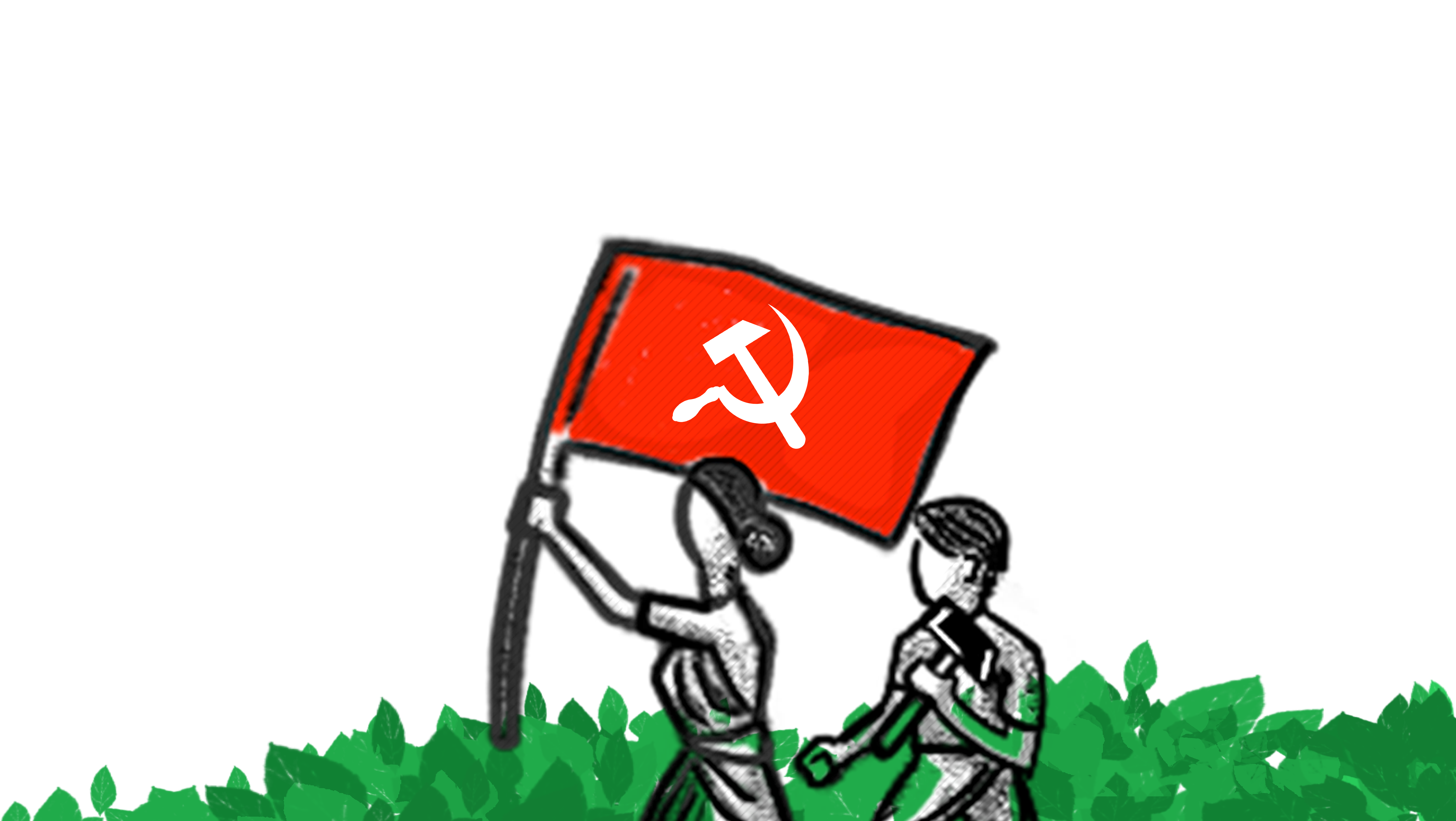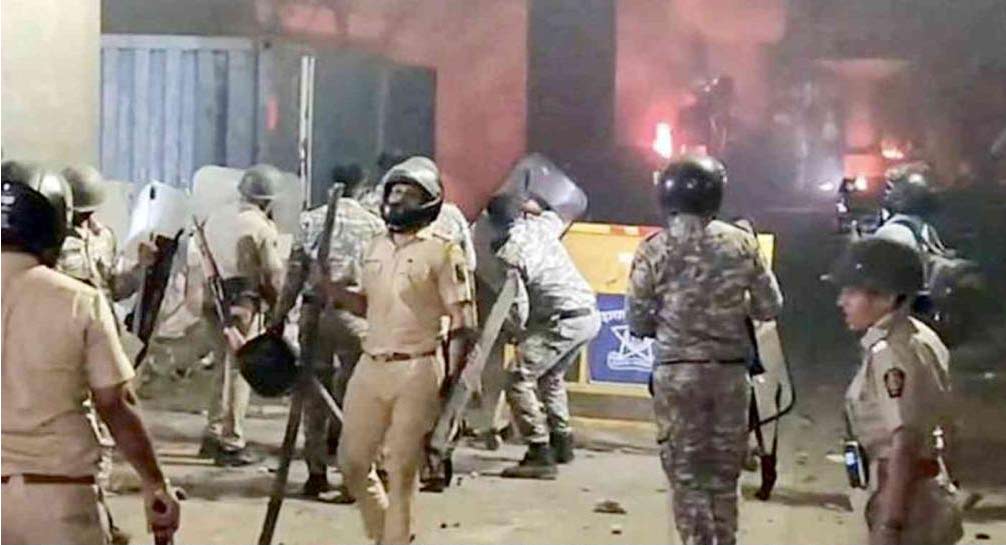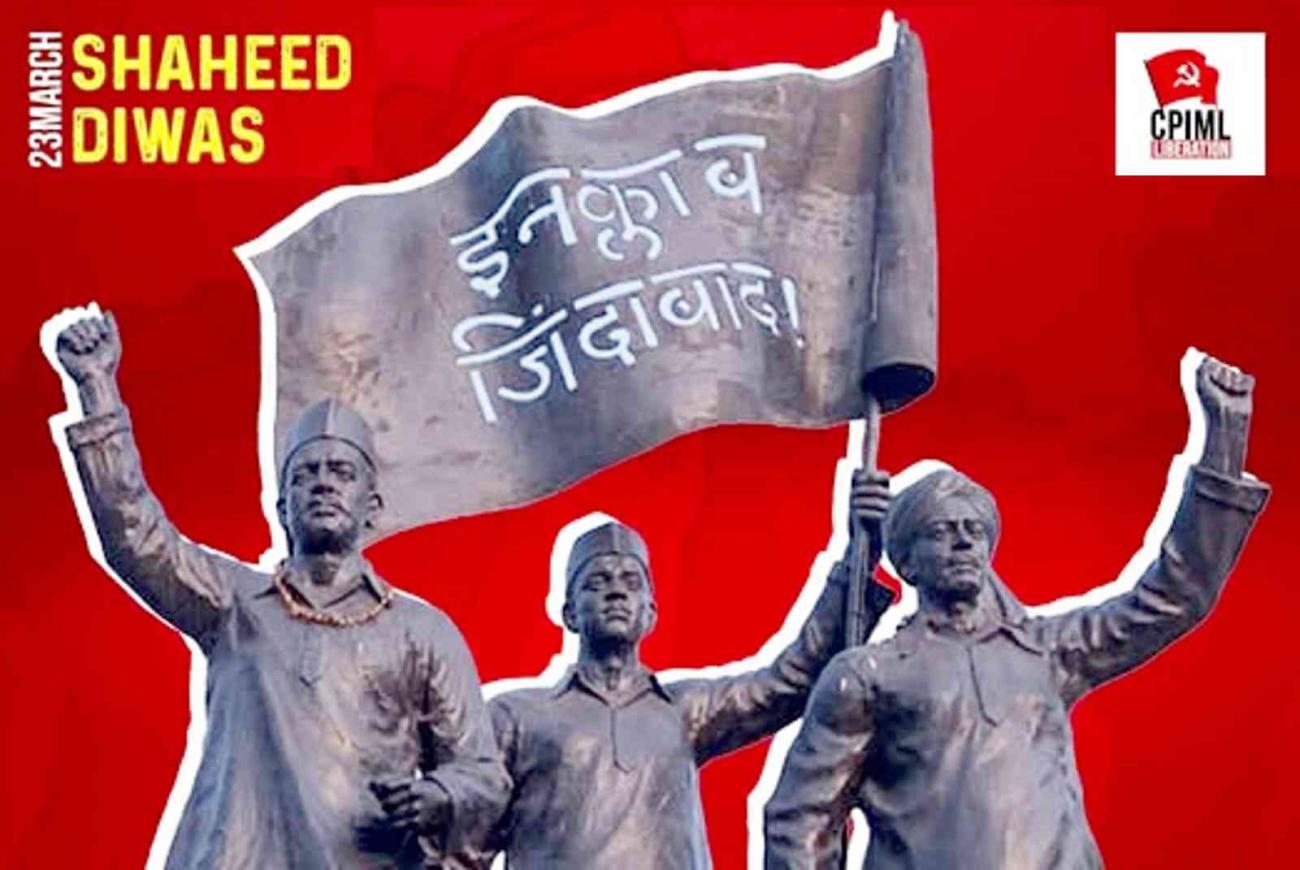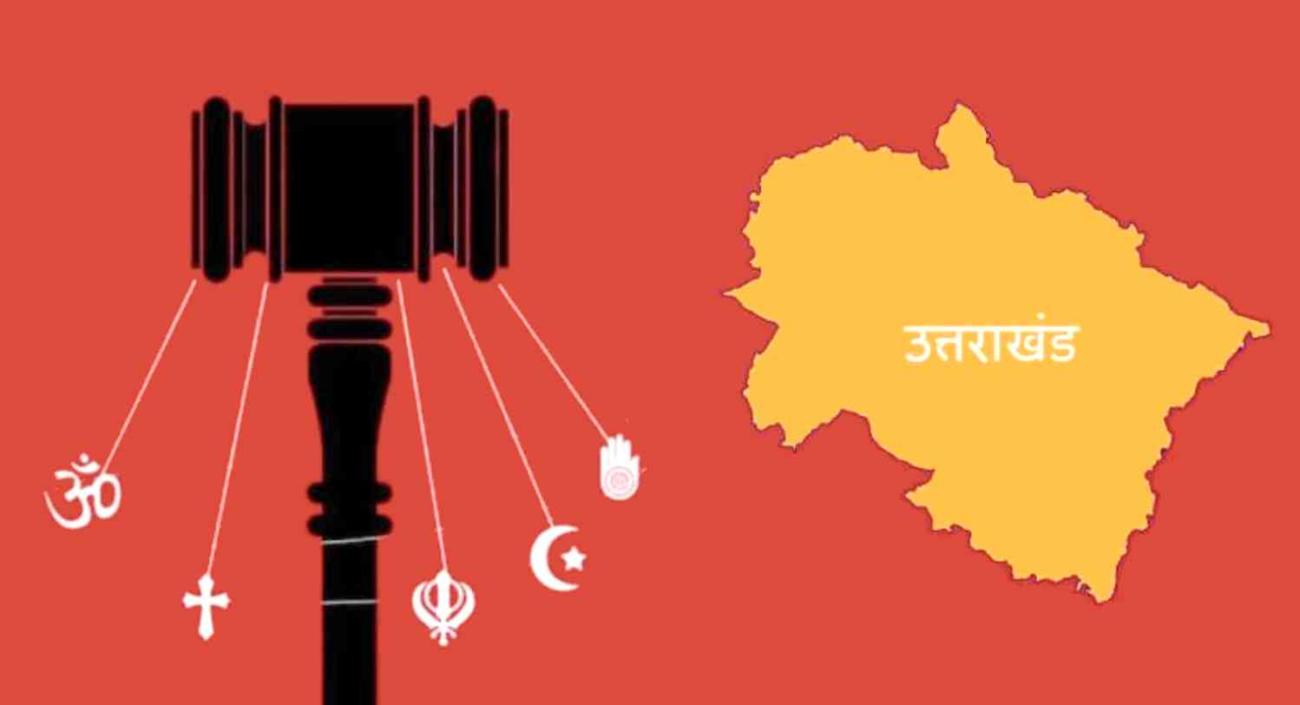The situation is going to deteriorate further in the coming months, the Prime Minister and the Agriculture Minister have told us, with rising prices and plummeting stocks of edibles. The reason: the failure of monsoons and consequent drought conditions in 246 out of 593 districts - nearly half the country. Well, quite a plausible argument. But wait, have not food prices been rising through the roof also during the past few years of good monsoons? Did India need unusual droughts or floods to report a chilling series of starvation deaths and farmers' suicides during the rule of UPA I, or to be placed below countries of sub-Saharan Africa and all of South Asia, barring Bangladesh, in the Global Hunger Index and the India Hunger Index released by the International Food Policy Research Institute in October 2008? Food scarcity -- at least for the poor -- is thus perennial to this vast land of ours. Vagaries of monsoon only worsen it occasionally and do not constitute the root cause.
So we cannot just let the powers that be cover up their own policy failures by finding a convenient scapegoat in the failure of monsoons. Why did they allow Indian agriculture, which boasts a much higher proportion of cultivable land compared to most other countries including China, to fall prey to decay and decline over the past six decades? What prevented them from expanding rather than curtailing, as they had actually been doing public investment in agriculture? Why does the Agriculture Minister denounce black marketeering or hoarding� but remain silent on forward trading in agricultural commodities, a major source of speculation and artificial rise in prices?
We must confront the union government with questions like these. We must demand: Meet the rural poors urgent need for a monthly provision of 50 kg rice or wheat at Rs. 2 per kg. Bring edible oils, sugar and pulses within the scope of PDS. Implement the recommendations, hitherto neglected, of the Commission for Agriculture Costs and Prices (CACP) on Minimum Support Price. Vastly expand the scope of the NREGA, not just as a relief measure but to improve rural infrastructure such as ponds. Mete out quick punishment to all officials responsible for delays and irregularities in the implementation of the NREGA.
While conducting militant agitations on immediate demands like these against the Central and State governments as well as various local authorities, we should bring pressure to bear on the Centre to expedite the proposed legislation that vows to convert food security into a legally justiciable right. And why should bureaucrats, ministers and experts� alone determine the contents of the proposed bill? We should demand that peasants and agrarian labourers organizations, trade unions and other mass organizations must be consulted, so that the Bill really addresses their needs and aspirations. Once the Act is passed, we should start using it as a catalyst for action, a tool for collective bargaining to pressure the state machinery, as we have been doing with the NREGA.
In a country with 200 million food-insecure people -- the largest number of hungry people in the world the struggle against price rise and for freedom from hunger including fear of hunger is both an immediate and long term movement. We must lead and win both.





